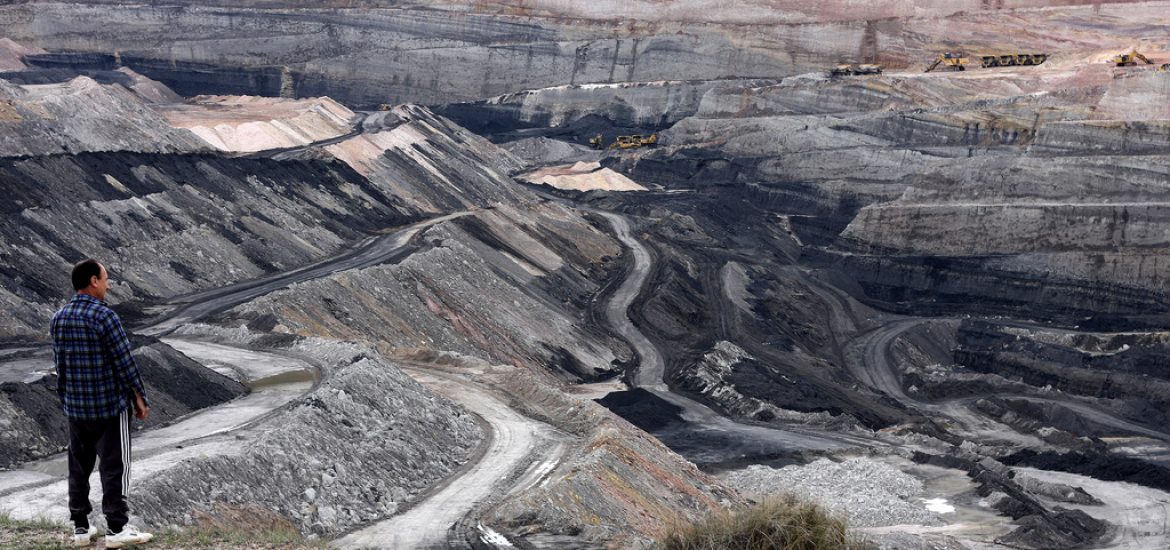
Spain is due to close most of its coal mines by the end of 2018 after the Socialist-led coalition government and trade unions agreed to a deal for €250 million to be invested in mining regions over the next 10 years.
Prime Minister Pedro Sánchez’s minority administration has rapidly reformed environmental policy, abolishing the previous right-wing government’s “tax on the sun” on the solar industry this month. It has also announced the launch of a long-delayed national climate plan next month.
When it took office, the fragile, left-of-centre coalition backed Brussels in its bid for more ambitious carbon-reduction targets.
An estimated 36 per cent of the world’s energy is still produced by coal, although it is the largest contributor to climate change, and responsible for around 46 per cent of global carbon-dioxide emissions.
Spanish trade unions hailed the deal over Spain’s privately owned coal mines as a model compromise. It offers early retirement for miners over 48, environmental restoration work in mining communities and re-skilling schemes to train residents for ecologically sound jobs.
Environment minister Teresa Ribera said: “With this agreement, we have solved the first urgent task we had on the table when we came to government. Our aim has been to leave no one behind.
“We also want to go further, we want to innovate. That is why we offer the drawing up of ‘Just Transition’ contracts, with the aim of helping the regions to consolidate the employment of the future.”
More than 1,000 mining and subcontracting jobs are due to go at 10 coal mines before the year’s end. Almost all the pits were financial burdens that the European Commission had allowed Madrid to temporarily subsidise with €2.1 billion of state investment.
Spain’s coal industry employed more than 100,000 miners in the 1960s but its dominance was reduced by cheap international imports and increasing awareness of environmental, health and climate costs. Spanish coal now only provides 2.3 per cent of the sun-kissed nation’s electricity.
Montserrat Mir of the Spanish branch of the European Trades Union Congress said the fair transition model could be applied internationally.
“Spain can export this deal as an example of good practice,” she told the Guardian. “We have shown that it’s possible to follow the Paris [climate] agreement without damage. We don’t need to choose between a job and protecting the environment. It is possible to have both.”
Estercuel in Aragon. Spanish coal mines could soon be confined to history. Picture credit: Flickr





